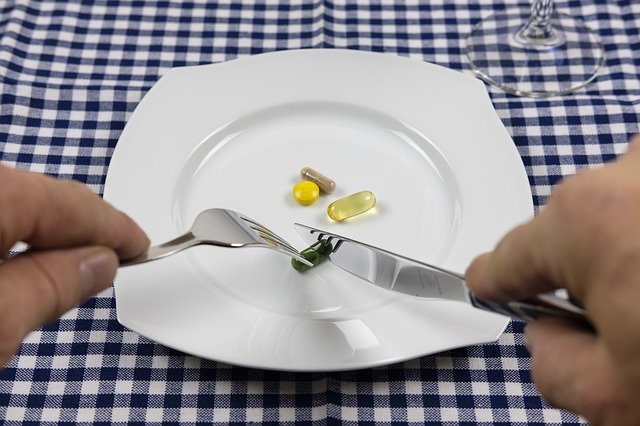
Although it is recommended that everyone should have a healthy, balanced diet in daily life, sometimes it is hard to achieve the goal due to the cost of time and effort.
That’s why many of us take dietary supplements, such as vitamins, minerals, herbs and weight loss supplements.
Research shows that more than half of all Americans take one or more dietary supplements daily or on occasion.
These dietary supplements do not require prescription and are easy to get.
When taking properly, these supplements could help improve our health. But they are not risk-free.
Recent studies have shown that dietary supplements have their advantages and disadvantages.
For example, one study from University of Colorado Boulder shows that when people consume a natural dietary supplement called nicotinomide riboside (NR) daily, it could help reverse heart aging.
in addition, the supplement could improve blood pressure and arterial health, particularly in those with mild high blood pressure.
In the study, 24 lean and healthy men and women ages 55 to 79 were recruited.
The researchers found that 1,000 mg daily of NR boosted compound that help restrict calories and thus fend off physiological signs of aging.
There are other studies that showing taking vitamin D supplements can greatly benefit health, such as strong muscles, low risk of breast cancer, low risk of type 2 diabetes and good respiratory health.
And vitamin E supplements may improve metabolic syndrome, strengthen the immune system, protect against memory loss and prevent pneumonia.
However, some studies have shown that dietary supplements may cause health problems.
For instance, some supplements contain very high levels of caffeine, and it may bring health risks.
The FDA warns consumers about the dangers of highly concentrated and pure caffeine products.
These products are often sold in bulk packages, and they have been linked to at least two deaths in otherwise healthy individuals.
Researchers also suggest that people with diabetes should talk to their doctors before taking any dietary supplements.
This is because some supplements may interact with diabetes treatments or increase the risk of kidney problems.
And currently, there is not enough scientific evidence to suggest that any supplements can help prevent or manage type 2 diabetes.
Natural herbal supplements may not be completely safe. Some people use them for weight loss, but the herbal products could harm liver health.
For example, researchers from Michigan Medicine reported seven cases of injury attributed to herbal supplements from various U.S. medical centers.
Of those cases, six patients were hospitalized, three developed acute liver failure and two required emergency liver transplants.
Another study shows that red yeast rice contained in some dietary supplements may not be safe.
Although red yeast rice is an alternative therapy in those who experience side effects from statins, research shows it is not a good choice for statin-intolerant patients:
The rice product is linked with muscle and liver injury, which can also occur with statin use.
Therefore, experts suggest that always consult with your doctor before taking any supplement products. You may need to mention your medical history.
Copyright © 2018 Knowridge Science Report. All rights reserved.



